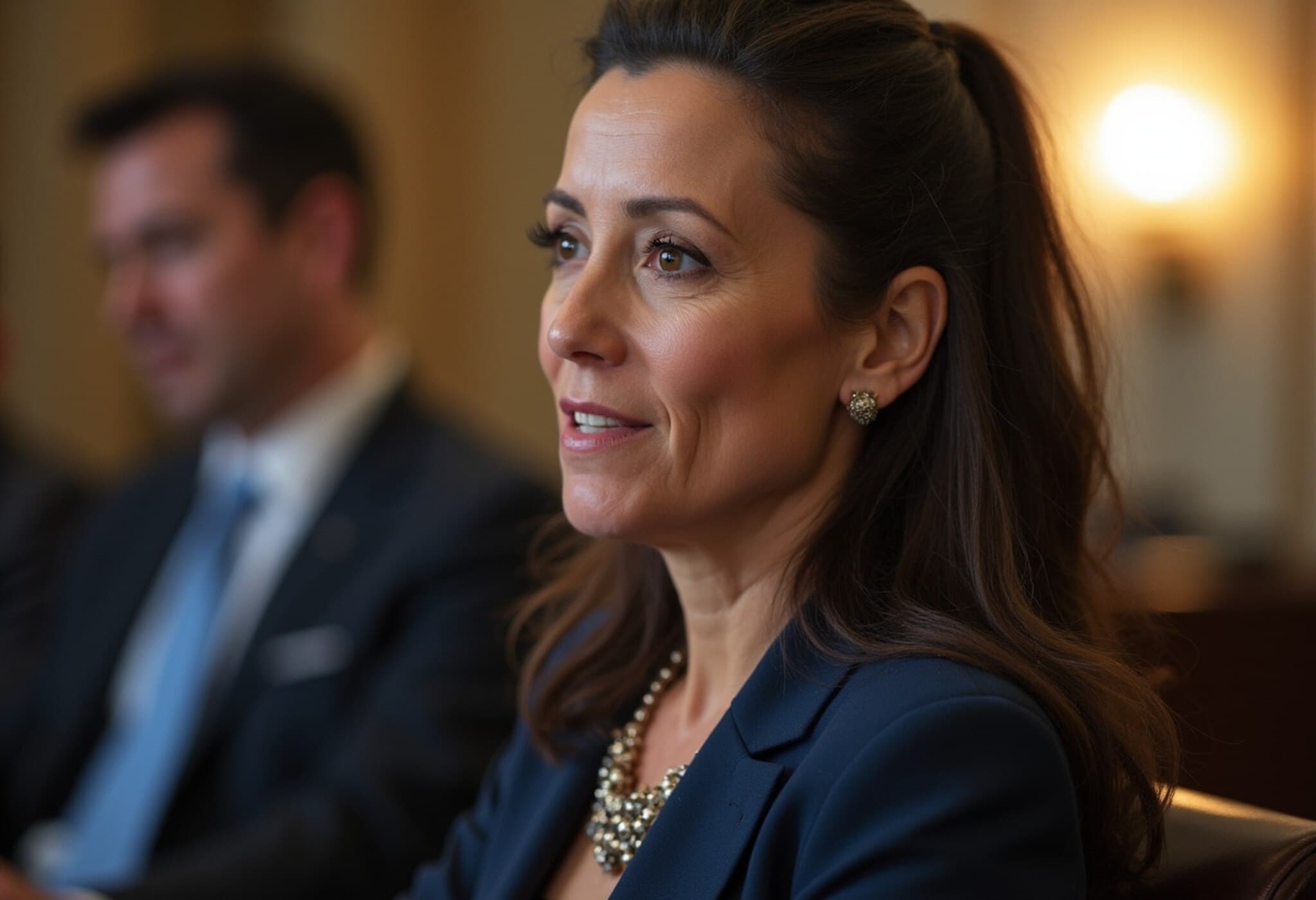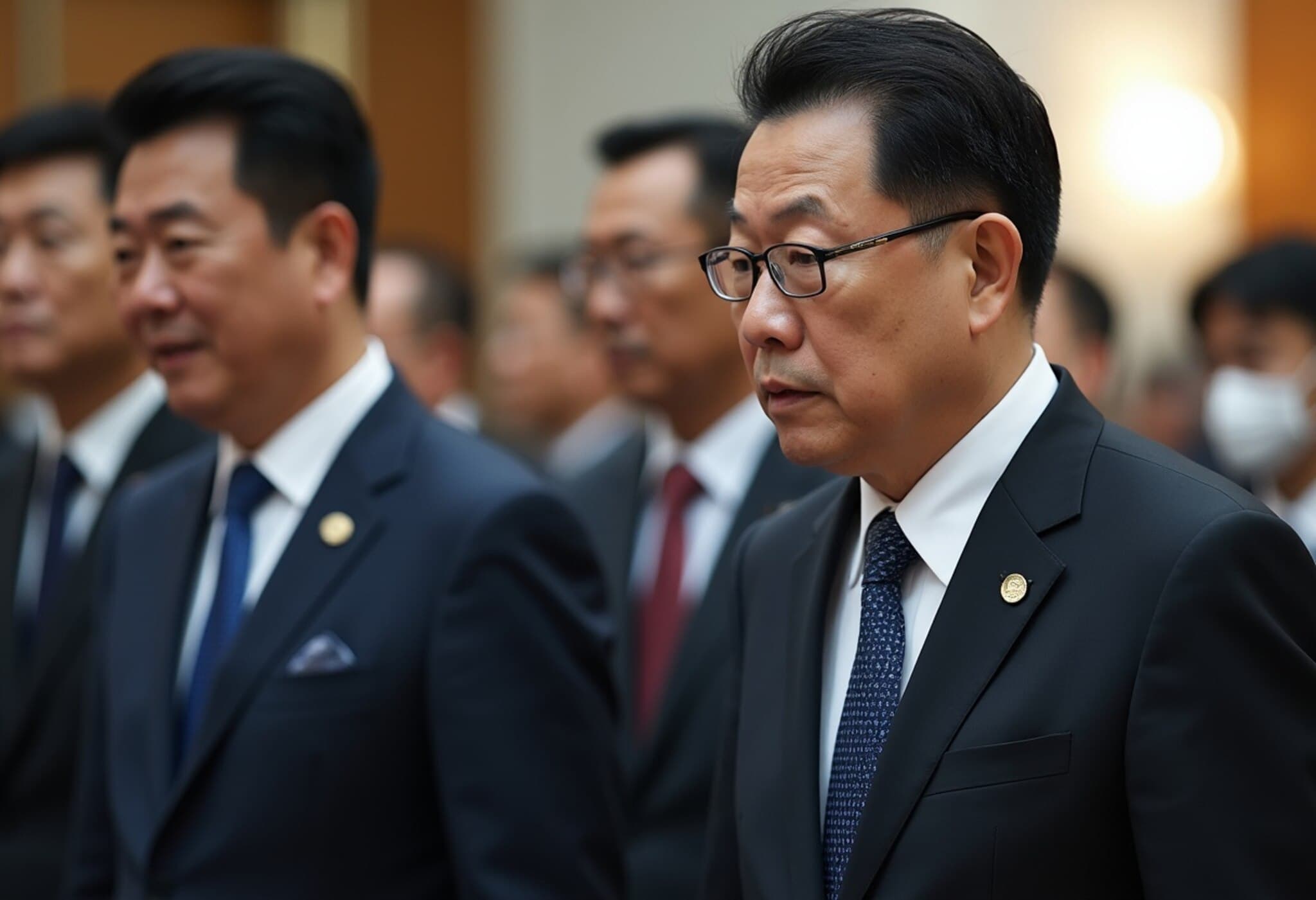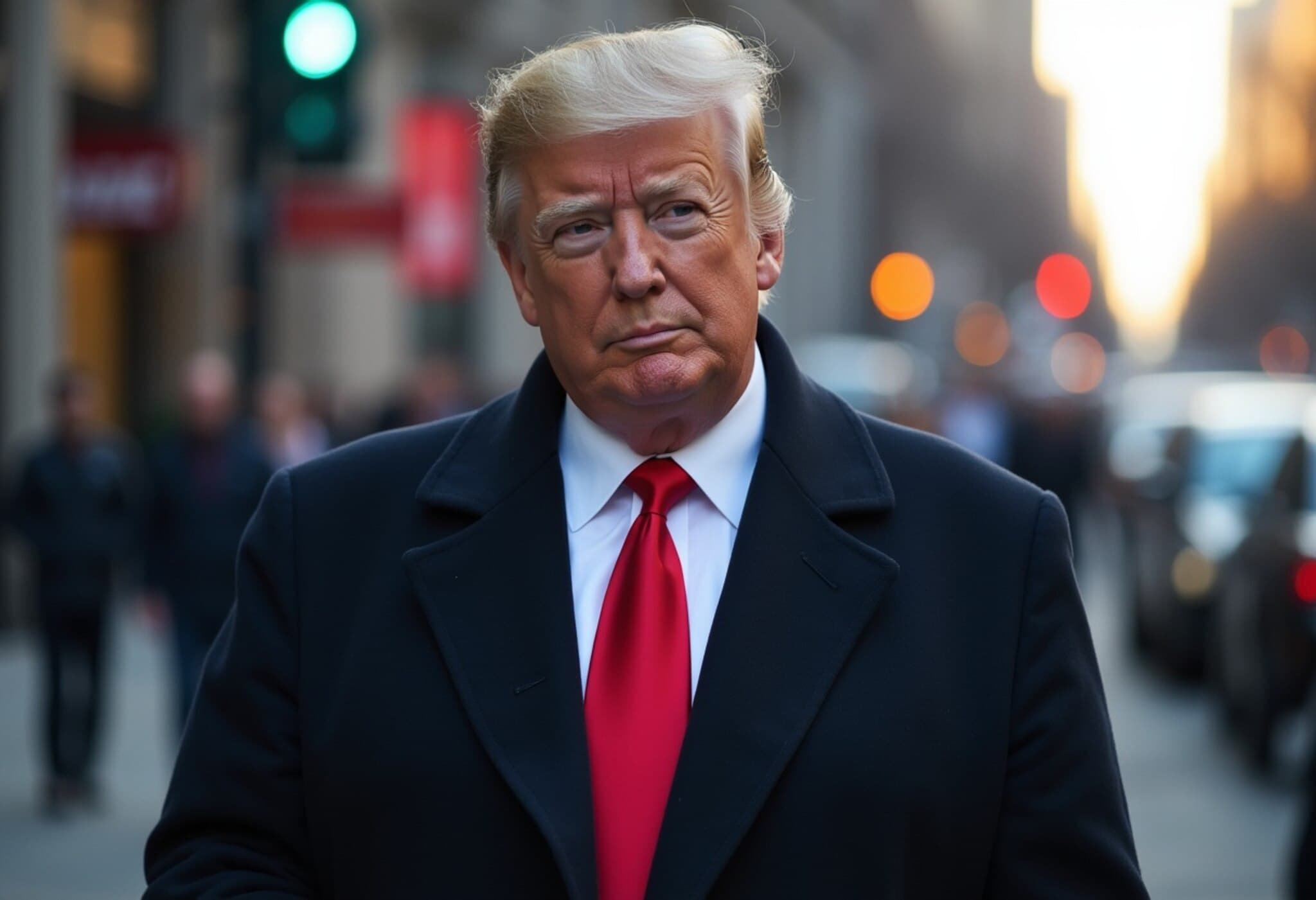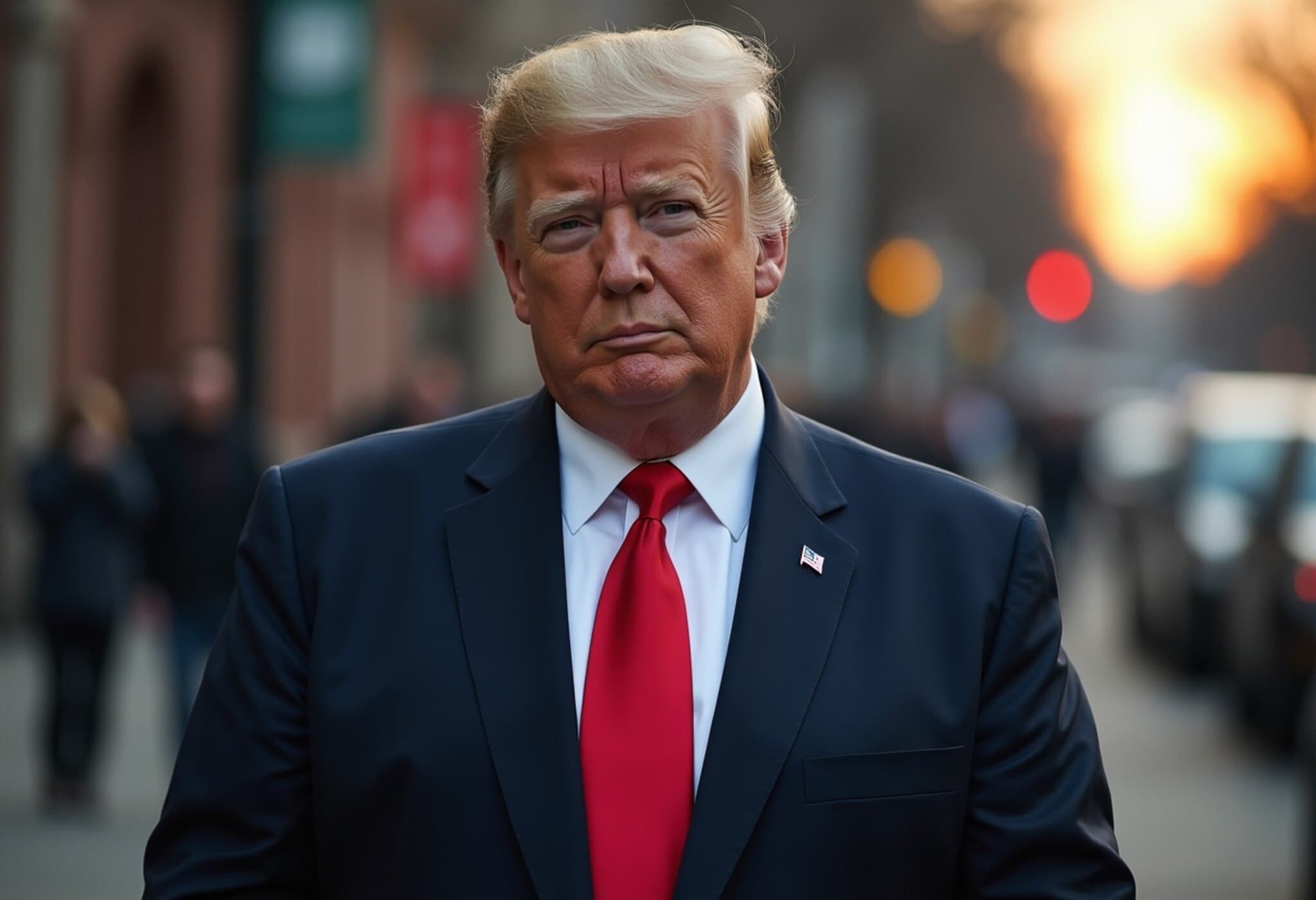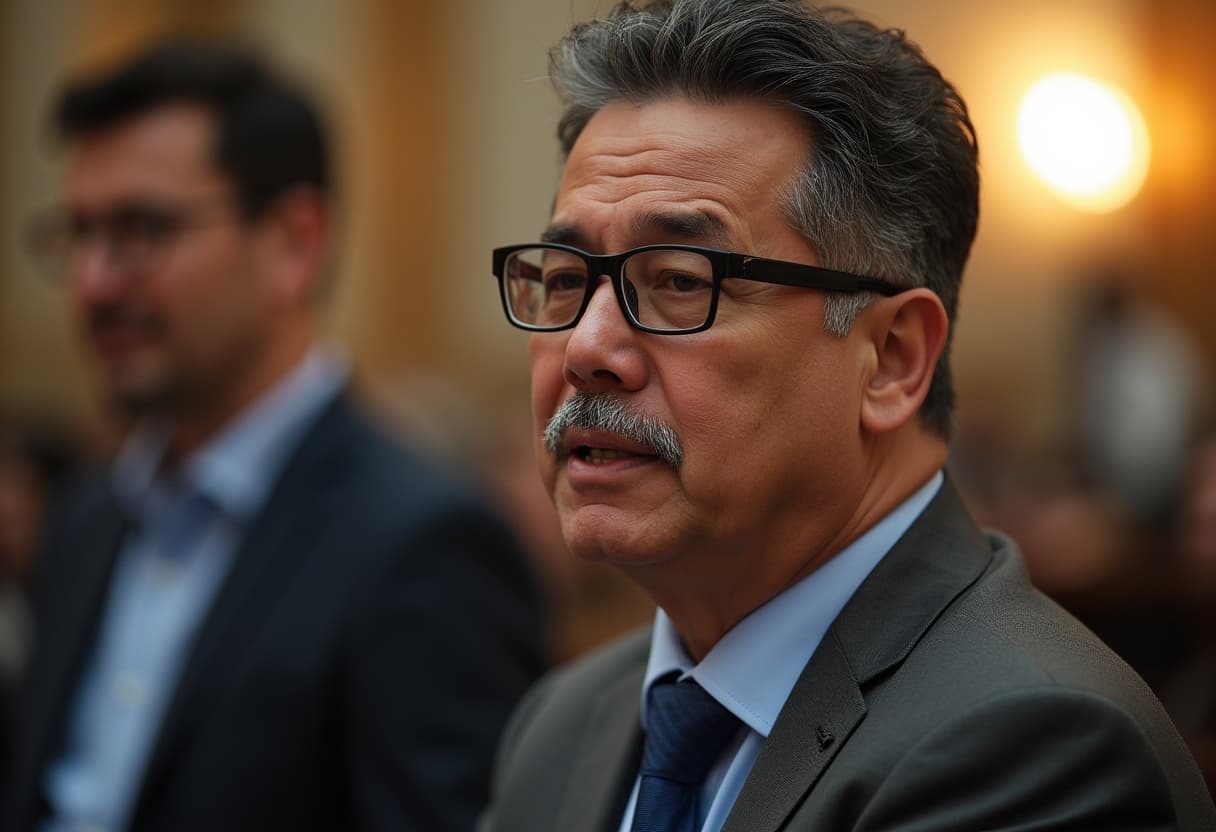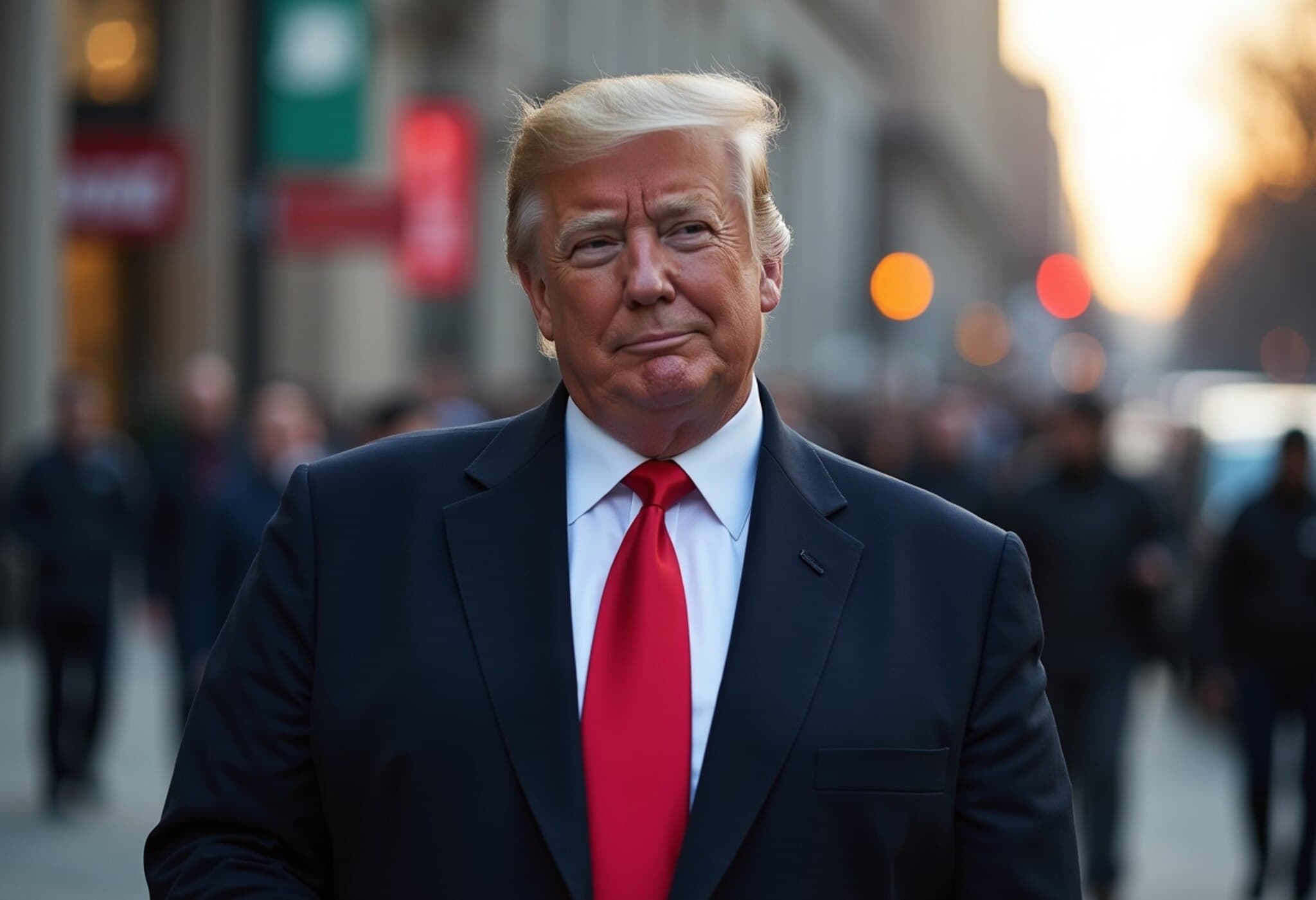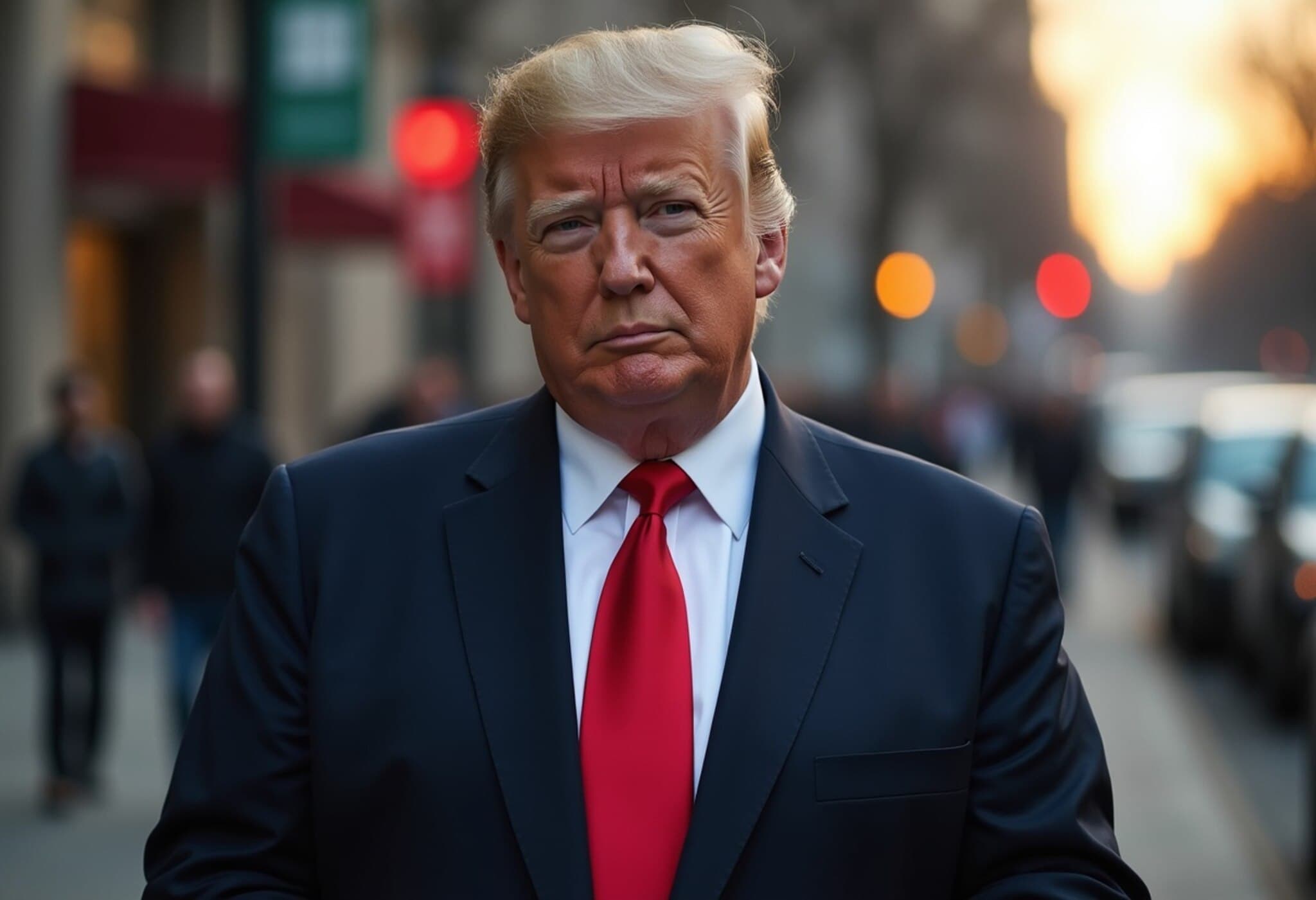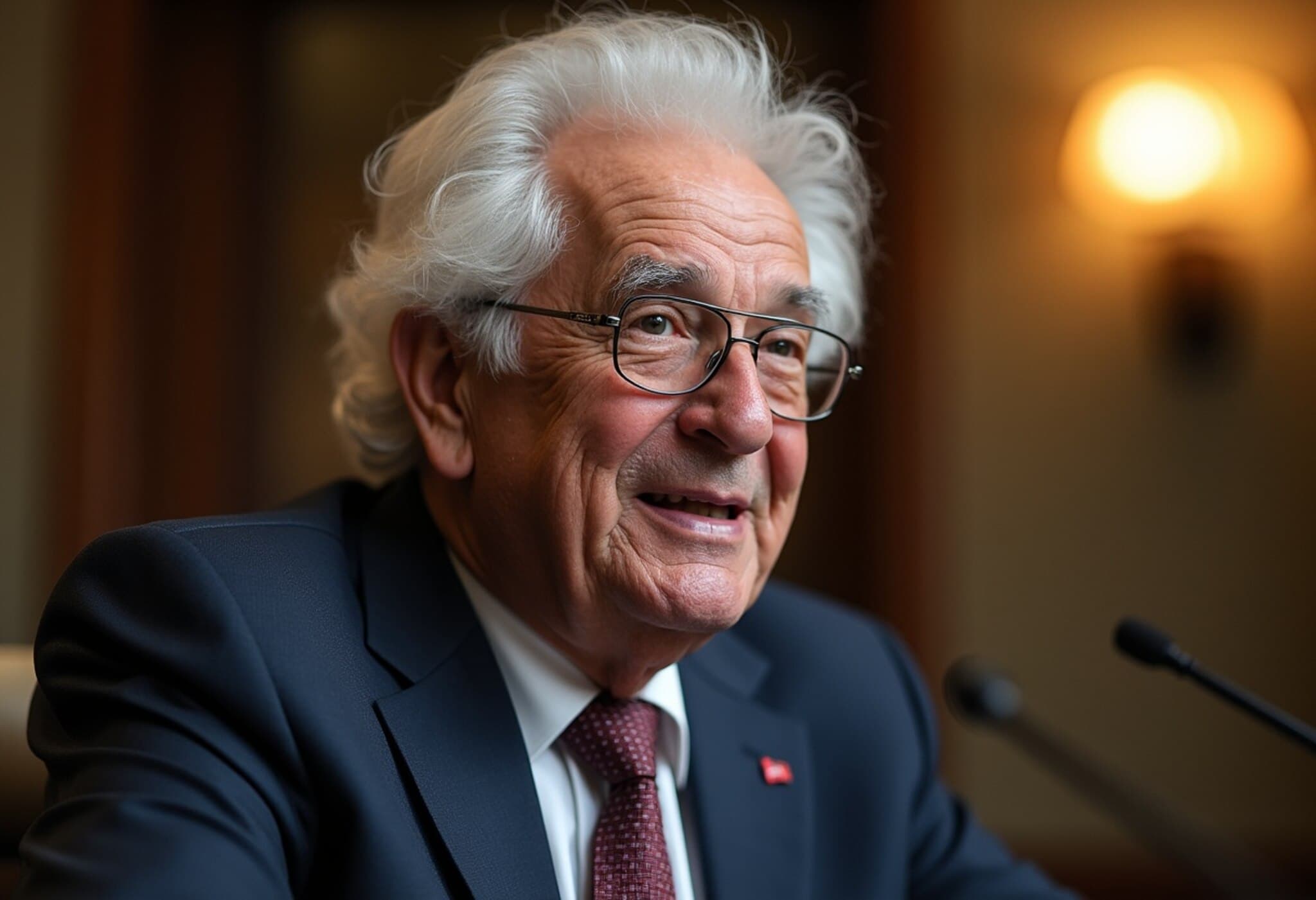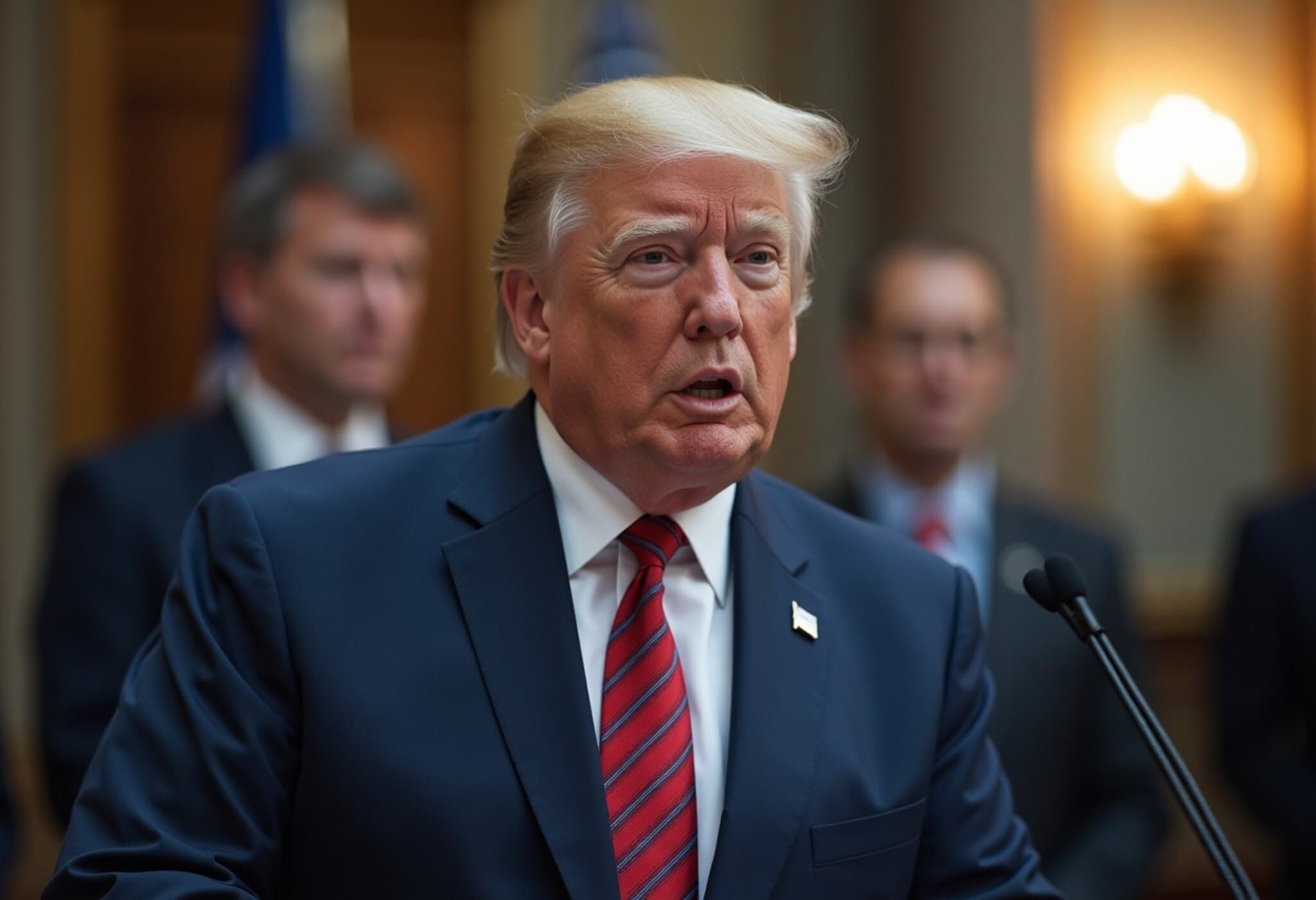DOJ Issues Subpoenas to NY Attorney General Letitia James Over Trump Rights Probe
The U.S. Department of Justice has taken the extraordinary step of issuing subpoenas to New York Attorney General Letitia James, as part of an investigation into whether she infringed upon the rights of former President Donald Trump. This development, according to sources briefed on the matter, centers around records related to James’ high-profile civil fraud case against Trump’s business empire and a separate case involving the National Rifle Association (NRA).
Context Behind the Investigation
The subpoenas reportedly seek documents connected to these legal battles, which have publicly drawn sharp political lines. The source speaking anonymously to the Associated Press emphasized the sensitivity of the probe and that they were not authorized to provide further details at this stage.
Geoff Burgan, spokesperson for the New York attorney general’s office, declined to confirm the subpoenas outright but issued a strong statement: “Any weaponisation of the justice system should disturb every American. We stand strongly behind our successful litigation against the Trump Organisation and the National Rifle Association, and we will continue to stand up for New Yorkers’ rights.”
Legal and Political Implications
Attorney General James’ legal counsel, Abbe D. Lowell, sharply criticized the DOJ’s actions, calling the investigation a “blatant and desperate example” of political retaliation. Lowell noted, “Weaponising the Department of Justice to try to punish an elected official for doing her job is an attack on the rule of law and a dangerous escalation by this administration.”
This clash highlights the increasingly fraught intersection of law enforcement and politics in the U.S., raising complex questions about the independence of the DOJ and the protection of state attorneys general when investigating powerful figures.
Expert Commentary: Navigating DOJ Independence Amid Political Crossfire
Legal analysts point out that while the DOJ is expected to operate free from political interference, history shows administrations sometimes exert influence to advance partisan objectives. The decision to subpoena a sitting state attorney general — especially amid ongoing litigation — underscores a potential shift in how federal agencies engage with politically sensitive investigations.
From a constitutional perspective, such actions risk chilling the willingness of elected state officials to pursue investigations that could be politically inconvenient to federal leadership. This case may also set precedent around the limits of federal oversight and the protection of civil rights during investigations.
What This Means for New York and National Politics
- New York AG Letitia James has been instrumental in targeting fraud and corporate malfeasance, and this subpoena could hamper her ability to continue aggressive oversight.
- The ongoing investigation into Trump’s businesses has significant implications for transparency and accountability, especially given persistent concerns over political influence in the DOJ.
- Broader debates about DOJ reform and the safeguarding of rule of law are likely to intensify as this case unfolds, particularly in the lead-up to critical election cycles.
Conclusion: A Watershed Moment for DOJ Integrity and Political Accountability
The subpoenaing of Attorney General Letitia James by the Department of Justice marks a pivotal moment that tests the balance between lawful political oversight and potential overreach by federal institutions. As this story develops, it invites deeper scrutiny of how justice departments must maintain independence to uphold democratic norms.
This investigation prompts critical reflection on the resilience of American institutions amid polarized politics. Readers should consider the broader implications of federal-state tensions in legal enforcement and what safeguards are necessary to protect the impartiality of justice. How will this impact future state-led initiatives against powerful entities? And what does this signal about the politicization of federal agencies moving forward?



